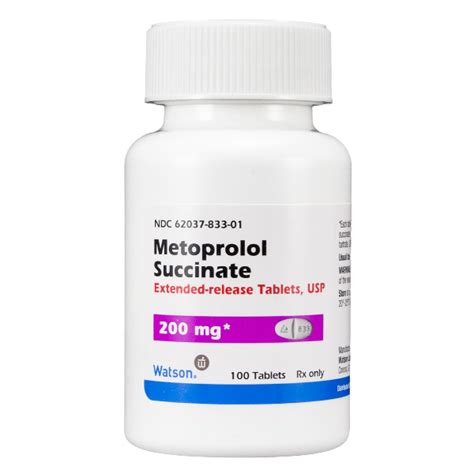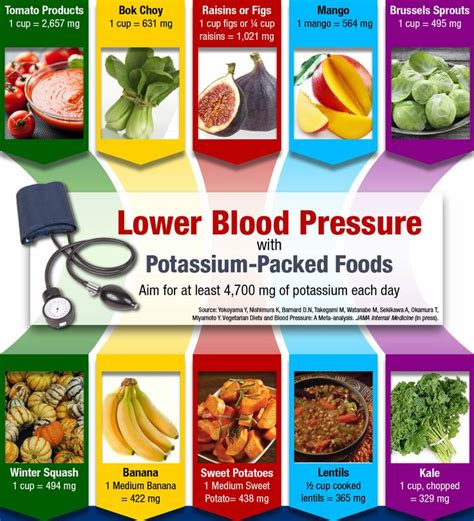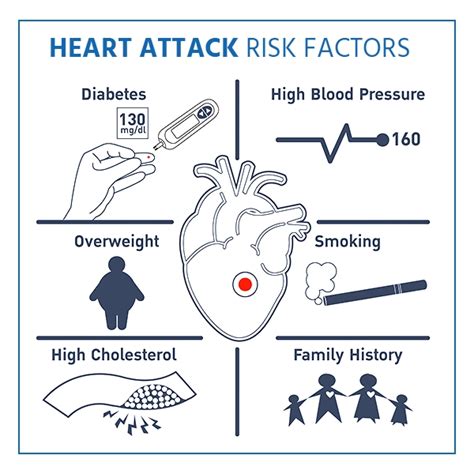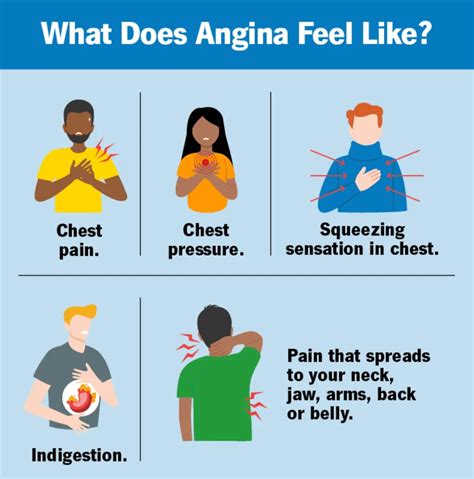Intro
Discover the 5 benefits of Metoprolol Succ Er, a beta blocker medication that can improve heart health. Learn how it reduces blood pressure, alleviates angina symptoms, and prevents heart failure. Explore its effects on cardiovascular health, including lowering the risk of stroke and heart attack, and managing arrhythmias.
Metoprolol succinate ER, a medication commonly prescribed to manage high blood pressure, angina, and certain heart-related conditions, has been a cornerstone of cardiovascular treatment for decades. Its effectiveness in reducing the risk of heart disease and improving overall health has made it a widely used medication. Here, we will delve into the benefits of metoprolol succinate ER, exploring its advantages and how it can positively impact patients' lives.

Metoprolol succinate ER works by slowing the heart rate and reducing the force of the heart's contractions, which in turn lowers blood pressure and decreases the heart's oxygen demand. This action helps to alleviate symptoms of angina and reduce the risk of heart attacks.
1. Effective in Reducing Blood Pressure
One of the primary benefits of metoprolol succinate ER is its ability to effectively lower blood pressure in patients with hypertension. By reducing the heart rate and the force of the heart's contractions, metoprolol succinate ER helps to decrease the pressure on the blood vessels, which can lead to a reduction in blood pressure.

Studies have shown that metoprolol succinate ER is effective in reducing blood pressure in patients with hypertension, and it is often used as a first-line treatment for this condition. By controlling blood pressure, metoprolol succinate ER can help to reduce the risk of heart disease, stroke, and kidney damage.
2. Reduces Risk of Heart Attack and Stroke
Another significant benefit of metoprolol succinate ER is its ability to reduce the risk of heart attack and stroke. By lowering blood pressure and reducing the heart's oxygen demand, metoprolol succinate ER can help to decrease the risk of heart attack and stroke in patients with hypertension.

Clinical trials have shown that metoprolol succinate ER can reduce the risk of heart attack and stroke by up to 25% in patients with hypertension. This reduction in risk can have a significant impact on patients' lives, reducing the likelihood of hospitalization and improving overall health outcomes.
3. Relieves Symptoms of Angina
Metoprolol succinate ER is also effective in relieving symptoms of angina, a condition characterized by chest pain or discomfort due to reduced blood flow to the heart. By reducing the heart rate and the force of the heart's contractions, metoprolol succinate ER can help to decrease the frequency and severity of angina attacks.

Studies have shown that metoprolol succinate ER can reduce the frequency of angina attacks by up to 50% in patients with stable angina. This reduction in symptoms can have a significant impact on patients' quality of life, improving their ability to perform daily activities and reducing their reliance on other medications.
4. Improves Heart Function
Metoprolol succinate ER has also been shown to improve heart function in patients with heart failure. By reducing the heart rate and the force of the heart's contractions, metoprolol succinate ER can help to decrease the workload on the heart, improving its pumping efficiency.

Clinical trials have shown that metoprolol succinate ER can improve heart function in patients with heart failure, reducing the risk of hospitalization and improving overall health outcomes. This improvement in heart function can have a significant impact on patients' lives, improving their quality of life and increasing their life expectancy.
5. Reduces Risk of Sudden Cardiac Death
Finally, metoprolol succinate ER has been shown to reduce the risk of sudden cardiac death in patients with heart failure. By reducing the heart rate and the force of the heart's contractions, metoprolol succinate ER can help to decrease the risk of life-threatening arrhythmias.

Studies have shown that metoprolol succinate ER can reduce the risk of sudden cardiac death by up to 30% in patients with heart failure. This reduction in risk can have a significant impact on patients' lives, improving their overall health outcomes and increasing their life expectancy.
In conclusion, metoprolol succinate ER offers numerous benefits for patients with high blood pressure, angina, and heart failure. Its ability to reduce blood pressure, relieve symptoms of angina, improve heart function, and reduce the risk of heart attack, stroke, and sudden cardiac death make it a valuable medication for patients with cardiovascular disease. By taking metoprolol succinate ER as directed, patients can improve their overall health outcomes and reduce their risk of complications.
We encourage you to share your thoughts on the benefits of metoprolol succinate ER in the comments section below. Have you or a loved one experienced the benefits of this medication? Share your story with us!
What is metoprolol succinate ER used for?
+Metoprolol succinate ER is used to treat high blood pressure, angina, and heart failure. It works by reducing the heart rate and the force of the heart's contractions, which helps to lower blood pressure and reduce the heart's oxygen demand.
What are the benefits of taking metoprolol succinate ER?
+The benefits of taking metoprolol succinate ER include reducing blood pressure, relieving symptoms of angina, improving heart function, and reducing the risk of heart attack, stroke, and sudden cardiac death.
Is metoprolol succinate ER safe to take?
+Metoprolol succinate ER is generally safe to take when used as directed. However, it can cause side effects such as dizziness, fatigue, and shortness of breath. Patients should discuss any concerns with their doctor before starting treatment.
